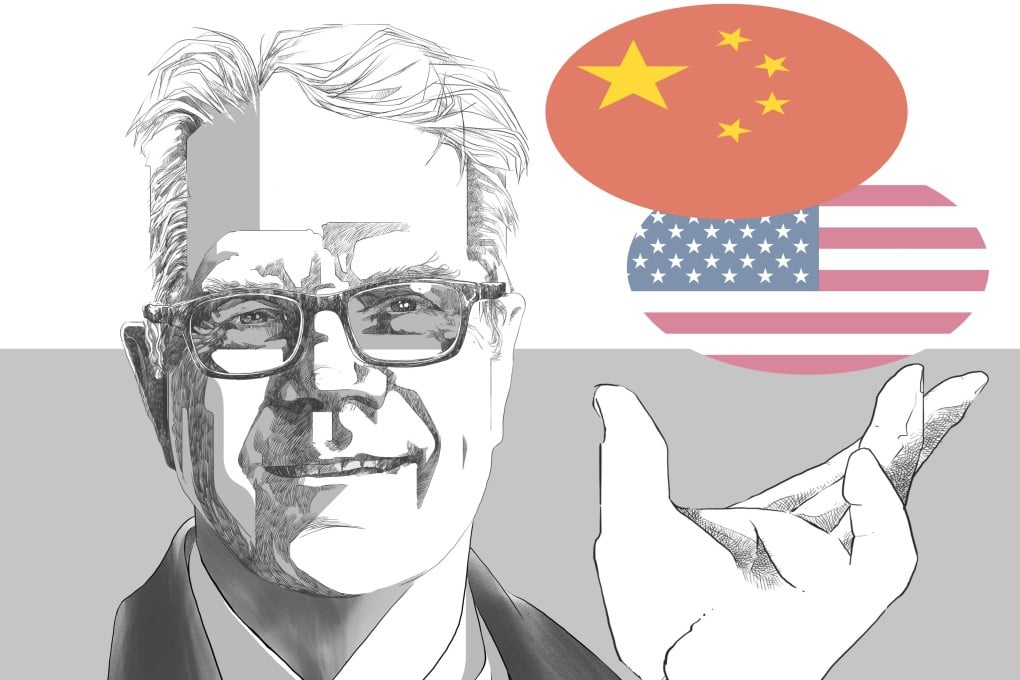Open Questions | ‘Reform and opening up are not dead’, but today’s China ‘looks risky’: veteran observer David Lampton
- China watcher since the times of Deng Xiaoping says current tightness of political system is likely to continue for the foreseeable future
- ‘No government in its right mind’ would want China’s collapse, but what it and the US want from each other unlikely to happen ‘any time soon’, he warns

Professor, you have been watching China since it entered the Deng Xiaoping era of “reform and opening up”, which remains a core and relevant slogan for the Communist Party today. So is the reform drive today different from the one we knew in the Deng era?
It strikes me that while the name “reform and opening up” has continued, the actual content of reform and opening up is [now] rather different. The scope of the reforms themselves is much narrower and the internal decision-making system more tightly controlled, less collective, and more top down.
The earlier reform was more spontaneous combustion. The world was optimistic and very supportive of China. In the earlier reform stage, when China was small and making big strides, the outside world was patient. China was playing a modest economic and security role globally. The People’s Republic of China (PRC) was making big strides, trying to overcome the dysfunction of the Cultural Revolution era.
But now, China is big and the reform-oriented changes are relatively smaller, and the West is much more impatient because what China does greatly affects the outside world. Most dramatically, China’s foreign policy has greater affinity for nations much of the West finds problematic – Russia, Iran and North Korea.
Many have said the so-called reform is dead despite Beijing’s pledge to stick to reform and opening up. What are your thoughts on this? Could you share a bit about your friendship with the Deng family? Do you see the legacy of Deng’s reform and opening up continuing in China in the years to come?
Reform and opening up are not dead, because reform and opening are the nature of this world of security, economic, ecological, and social interconnectivity, and because each generation must find its own way to address the challenges. I think it is appropriate for China to move reforms forward step by step, but my sense is that the current tightness of the political system is likely to continue for the indefinite future.
